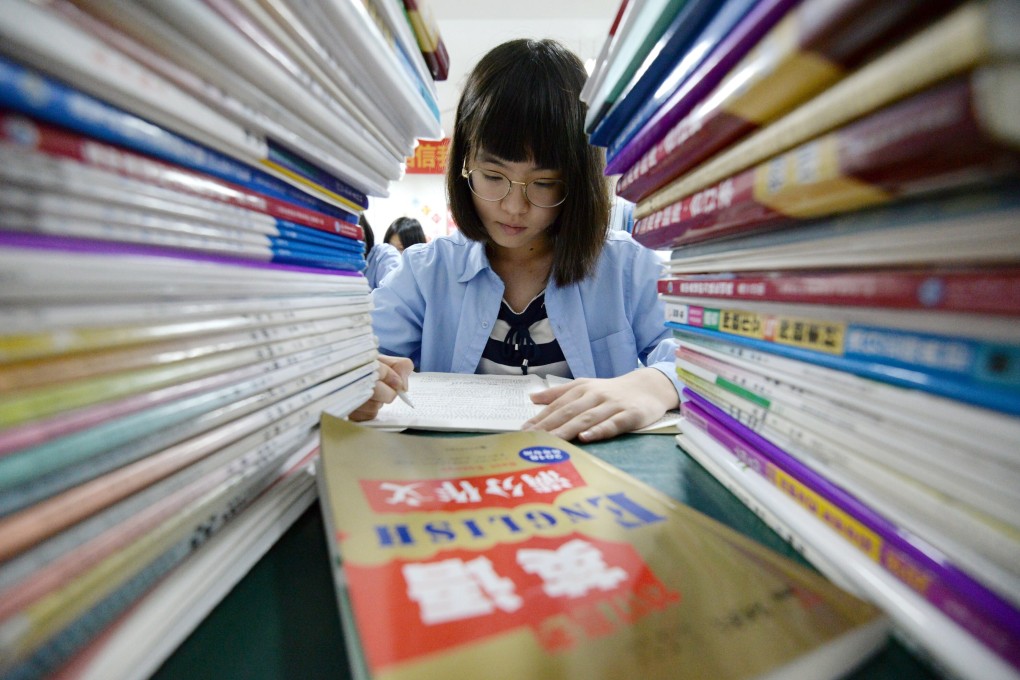Opinion | Teaching tutoring centres a lesson won’t get to the root of Chinese students’ stress
- While President Xi Jinping is right to focus on the problems in the education sector, cram schools are only the tip of the iceberg
- Reform of the gaokao system is key to ending the unhealthy over-reliance on after-school tutoring

It’s not news that the education sector – especially off-campus education that starts from kindergarten and runs all the way up to grade 12 – is ridiculously lucrative.
It isn’t the only one to have collapsed overnight, and this isn’t the first time the central government has tried to rein in the industry. Reform has been discussed for decades; the last time the after-school education sector faced the wrath of the government was in 2018.
This time, the clampdown will reportedly focus on business qualifications of after-school tutors, false advertising and overcharging, as well as certain subjects and where and when classes can be held.
Turning education from an honourable profession into a business focused on profit with little regard for students’ real needs deserves public scorn and government intervention. The question is, what intervention is needed to address the problem?

